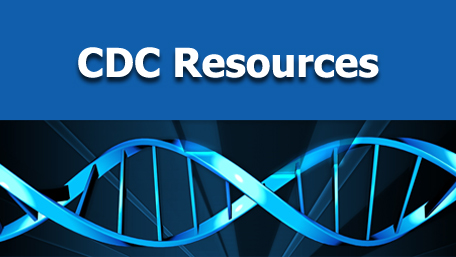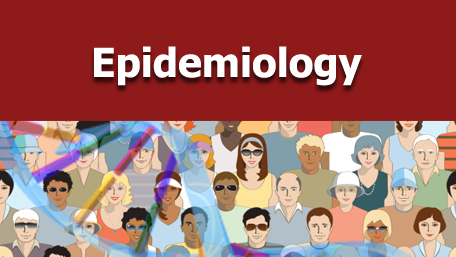Genomic diagnosis for children with intellectual disability and/or developmental delay
Abstract
Purpose: Developmental disabilities have diverse genetic causes that must be identified to facilitate precise diagnoses. We describe genomic data from 371 affected individuals, 310 of which were sequenced as proband-parent trios. Methods: Exomes were generated for 365 individuals (127 affected) and genomes were generated for 612 individuals (244 affected). Results: Diagnostic variants were found in 102 individuals (27%), with variants of uncertain significance in an additional 44 (11.8%). We found that a family history of neurological disease, especially the presence of an affected 1st degree relative, reduces the diagnostic rate, reflecting both the disease relevance and ease of interpretation of de novo variants. We also found that improvements to genetic knowledge facilitated interpretation changes in many cases. Through systematic reanalyses we have reclassified 15 variants, with 10.8% of families who initially received a VUS, and 4.7% of families who received no variant, subsequently given a diagnosis. To further such progress, the data described here are being shared through ClinVar, GeneMatcher, and dbGAP. Conclusion: Our results strongly support the value of genome sequencing as a first-choice diagnostic tool and means to continually advance clinical and research progress related to developmental disabilities, especially when coupled to rapid and free data sharing.
Public Health Genomics Knowledge Base (v1.2)


Last Posted: Nov-04-2016 2PM

Last Updated: Nov 04, 2016
- Genomic diagnosis for children with intellectual disability and/or developmental delay
KM Bowling et al, BioXRV, November 2016 - Analytical and Clinical Validity Study of FirstStepDx PLUS: A Chromosomal Microarray Optimized for Patients with Neurodevelopmental Conditions
CH Hensel et al, BioXRIV, October 26, 2016 - "This lifetime commitment": Public conceptions of disability and noninvasive prenatal genetic screening.
Steinbach Rosemary J et al. American journal of medical genetics. Part A 2016 Feb 170A(2) 363-74 - Utilization of genetic testing among children with developmental disabilities in the United States.
Kiely Bridget et al. The application of clinical genetics 2016 993-100 - Exome Sequencing and the Management of Neurometabolic Disorders
Maja Tarailo-Graovac et al, NEJM May 25, 2016 - Capturing the clinical utility of genomic testing: medical recommendations following pediatric microarray.
Hayeems Robin Z et al. European journal of human genetics : EJHG 2015 Sep 23(9) 1135-41 - Prevalence, phenotype and architecture of developmental disorders caused by de novo mutation
JF McRae et al, Biorxiv, April 2016 - Systems genetics identifies a convergent gene network for cognition and neurodevelopmental disease.
Johnson Michael R, et al. Nature neuroscience 2015 12 - Newborn Screening for Metabolic, Endocrine, and Genetic Conditions (Ohio)
Disease: NA; Type: Program; State: Ohio - A diagnostic approach for cerebral palsy in the genomic era.
Lee Ryan W et al. Neuromolecular medicine 2014 Dec (4) 821-44 - Defining the Effect of the 16p11.2 Duplication on Cognition, Behavior, and Medical Comorbidities.
D'Angelo Debra, et al. JAMA psychiatry 2015 12 1-11 - Alabama Newborn Screening Program
Disease: NA; Type: Program; State: Alabama - Causes of developmental disabilities include genetics
- Developmental disabilities are a group of conditions due to an impairment in physical, learning, language, or behavior areas.
About one in six children in the U.S. have one or more developmental disabilities or other developmental delays - Genetic studies in intellectual disability and related disorders.
Vissers Lisenka E L M et al. Nature reviews. Genetics 2015 Oct

- CDC Information (2)
- CDC-Authored Pub (0)

- Human (3)
- Pathogen (0)

- Human (106)
- Pathogen (0)

- Human (13)
- Pathogen (0)

- Guidelines (0)
- Tier Table (0)
- Synthesis (4)

- Huamn (2)
- Pathogen (0)
 Developmental Disabilities
Developmental Disabilities





















.png)











No hay comentarios:
Publicar un comentario